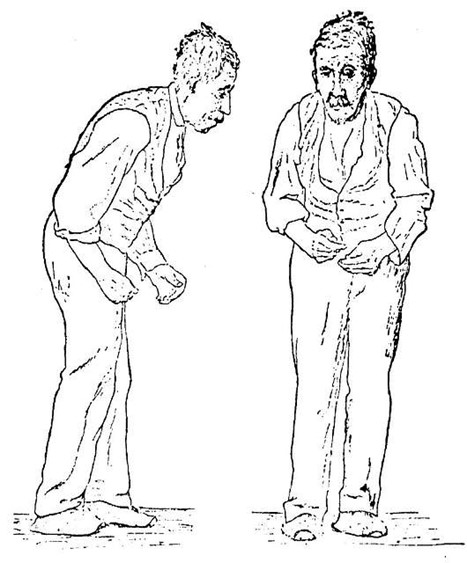Why Post-Menopausal Women Face Higher Risks of Heart Attacks and Strokes
Menopause marks a significant shift in a woman’s life, bringing about various physiological changes. One of the most concerning aspects is the increased risk of cardiovascular diseases, including heart attacks and strokes. Understanding why post-menopausal women are more susceptible to these conditions is crucial for prevention and management.
Hormonal Changes and Heart Health
The primary factor contributing to the elevated risk of heart attacks and strokes in post-menopausal women is the decline in estrogen levels. Estrogen plays a protective role in cardiovascular health by:
- Maintaining Healthy Blood Vessels: Estrogen helps keep blood vessels flexible and responsive, promoting efficient blood flow.
- Regulating Cholesterol Levels: Estrogen assists in maintaining a balance between good (HDL) and bad (LDL) cholesterol, reducing the buildup of plaque in arteries.
- Reducing Inflammation: Chronic inflammation is a key factor in the development of heart disease. Estrogen has anti-inflammatory properties that help protect the heart.
With menopause, the sharp drop in estrogen levels removes these protective benefits, leaving women more vulnerable to cardiovascular issues.
Increased Risk Factors
In addition to hormonal changes, several other factors contribute to the heightened risk of heart attacks and strokes in post-menopausal women:
- Higher Blood Pressure: Blood pressure often increases with age, and menopause can exacerbate this rise. High blood pressure is a significant risk factor for both heart attacks and strokes.
- Changes in Lipid Profile: Menopause can lead to unfavorable changes in lipid levels, including increased LDL cholesterol and decreased HDL cholesterol. This contributes to the development of atherosclerosis (narrowing and hardening of the arteries).
- Weight Gain and Obesity: Many women experience weight gain during and after menopause. Excess weight, particularly around the abdomen, is linked to a higher risk of cardiovascular diseases.
- Insulin Resistance and Diabetes: Post-menopausal women are more likely to develop insulin resistance, which can lead to type 2 diabetes—a major risk factor for heart disease and stroke.
- Lifestyle Factors: Sedentary lifestyle, poor diet, smoking, and excessive alcohol consumption are lifestyle factors that can worsen during menopause, further increasing cardiovascular risks.
Prevention and Management Strategies
Understanding these risks is the first step toward prevention. Here are several strategies that post-menopausal women can adopt to reduce their risk of heart attacks and strokes:
- Healthy Diet: A balanced diet rich in fruits, vegetables, whole grains, lean proteins, and healthy fats can:
- help manage weight
- blood pressure
- cholesterol levels
- Regular Exercise: Engaging in regular physical activity helps maintain cardiovascular health, manage weight, and reduce stress.
- Routine Health Screenings: Regular check-ups with healthcare providers can help monitor:
- blood pressure
- cholesterol levels
- blood sugar
allowing for early intervention if necessary.
- Medications: In some cases, medications may be necessary to manage risk factors like:
- high blood pressure
- high cholesterol
- diabetes
- Stress Management: Managing stress through techniques such as:
- yoga
- meditation
- counseling
can have a positive impact on heart health.
See the full scientific article from University Hospitals.
Post-menopausal women face a higher risk of heart attacks and strokes due to a combination of hormonal changes and other risk factors. However, with a proactive approach to health and lifestyle, it is possible to mitigate these risks and maintain a healthy heart. Regular consultations with healthcare providers, combined with healthy habits, can help women navigate this stage of life with confidence and vitality.
Are you interested in enhancing your daily diet with Omega-3 fatty acids? Look no further than Asher Longevity Institute’s Marine Fish Oil supplement. Omega-3 fatty acids can help reduce the risk of heart disease by reducing triglyceride levels and potentially lowering cholesterol.




